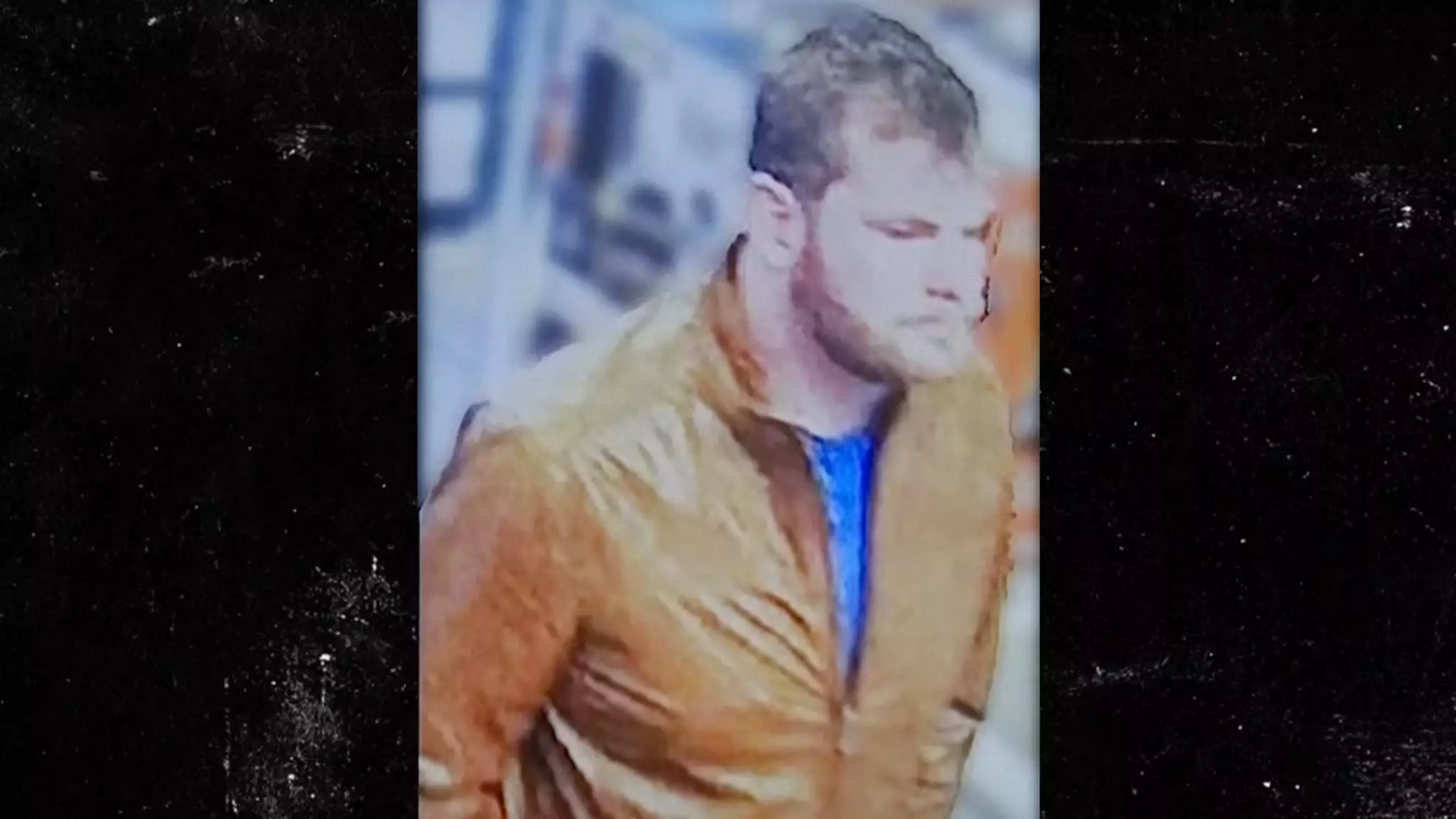The shocking incident involving Matthew Livelsberger, a former Army Special Forces soldier who detonated his Tesla Cybertruck outside the Trump Hotel in Las Vegas, raises critical questions about mental health, societal attention, and the extremes some individuals may resort to for acknowledgment. Livelsberger’s actions were not just a criminal act of vandalism but rather viewed by him as a “wake-up call” aimed at highlighting a deteriorating social and political landscape.
Understanding the Motives Behind the Explosion
The recently released letter from Livelsberger sheds light on his motives, illustrating the existential torment he felt as a veteran grappling with PTSD. His statement that “this was not a terrorist attack” encapsulates his desire to redefine the boundaries of attention-grabbing actions—an unsettling yet poignant insight into his mental struggles. Livelsberger’s notion of “spectacles and violence” underscores a critical commentary on how society often only responds to dramatic events, diminishing the importance of voicing concerns through peaceful discourse. It begs the question: has society become so desensitized that only extreme actions can instigate meaningful conversations?
The choice of vehicle—a Tesla Cybertruck, emblematic of modern innovation spearheaded by Elon Musk—juxtaposed against the backdrop of a building associated with Donald Trump adds layers of complexity to the narrative. Why choose a symbol of American entrepreneurship linked to a figure such as Trump? Livelsberger’s reflection on his political alignment further complicates this dichotomy. His alignment with conservative values clashed with his choice of a vehicle manufactured by a billionaire known for his progressive technological pursuits, indicating perhaps an internal conflict not only in his identity but also in his messaging.
Voices of Veterans and the State of Mental Health
Livelsberger’s struggles resonate with many veterans grappling with the aftermath of their service, as mental health awareness remains a pressing issue, often stigmatized and under-addressed in both military and civilian realms. The alarming detail regarding his attempt to take his own life prior to the detonation reveals how urgent the conversation around mental health truly is—veterans often face a barrage of psychological challenges without adequate support systems in place. We must question how society, including politicians and public figures, can better serve those who have sacrificed so much for their country.
Moreover, Livelsberger’s call to action—“TIME TO WAKE UP!”—is a faint echo of many veterans’ shared frustrations. It illuminates the narrative that leaders must rekindle their commitment to genuinely support service members, rather than serving as mere figureheads focused on personal gains. His acknowledgment that the fabric of the nation is “eternally ill” could be perceived as a wake-up call not only for veterans but for the entire populace.
While the events surrounding Matthew Livelsberger are tragic, they also serve as a catalyst for a broader examination of societal values and how we address mental health and trauma within our communities. His story is a reminder that behind every sensational headline lies a person in pain who chose an extreme measure to break through the noise. Moving forward, we must focus on learning from these actions and building a society that prioritizes compassionate discourse over destructive spectacle. Only then can we hope to better understand and mitigate the challenges faced by our veterans and ensure that their voices are heard, long before they resort to desperate measures.

